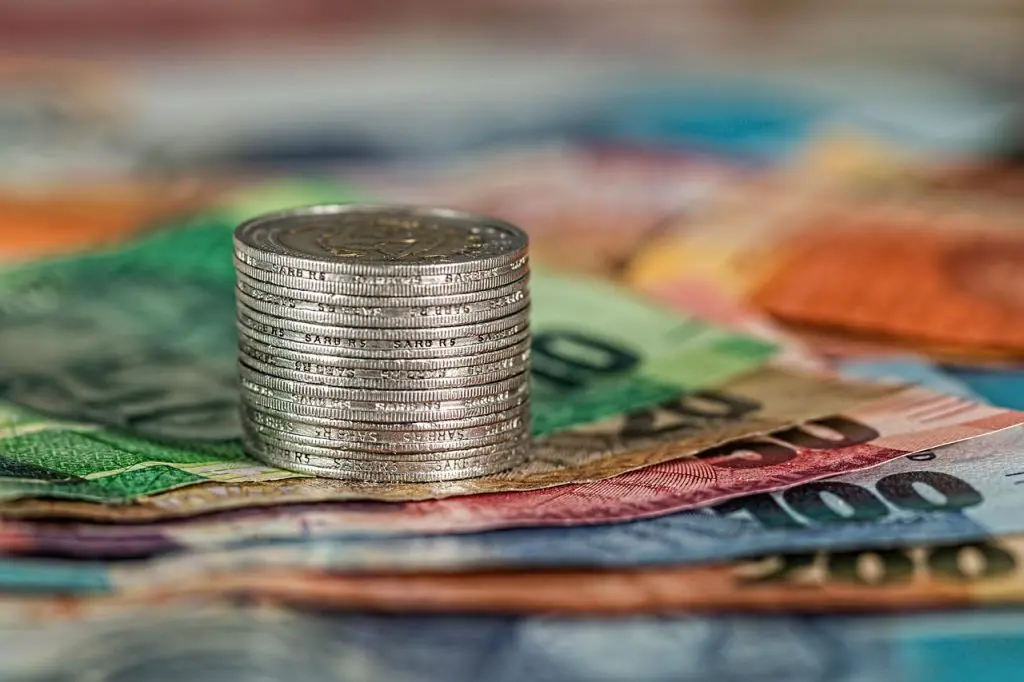
Irish and Northern Irish Ministers Announce €9 Million for Cross-Border Bioeconomy Projects Taoiseach Micheál Martin, along with Minister of State for Agriculture, Food and the Marine Martin Heydon, and Northern Ireland’s Minister for Agriculture, Environment and Rural Affairs Andrew Muir, has announced €9 million in funding for two major bioeconomy demonstration projects. The investment, made […]
Copyright © 2026. All Ireland Sustainability
Webdesign & Development Northern Ireland 2b:creative